
Building Trust and Equity: One Community Foundation’s Holistic Approach to Empowering Nonprofits
Community Foundation of Western Massachusetts’ approach – rooted in trust, accessibility, and human connection – aims to reduce power imbalances and create a more inclusive philanthropic environment.
When Yeselie and Vilenti Tulloch founded the Academic Leadership Association, they were newcomers to the nonprofit sector. Being unfamiliar with grantmaking, applying for funding wasn't even on their radar – until the Community Foundation of Western Massachusetts (CFWM) reached out.
"Someone from the Foundation, who has their ears and eyes on the ground, heard about our work and said, 'We want to support you in any way we can,'" Vilenti recalls.
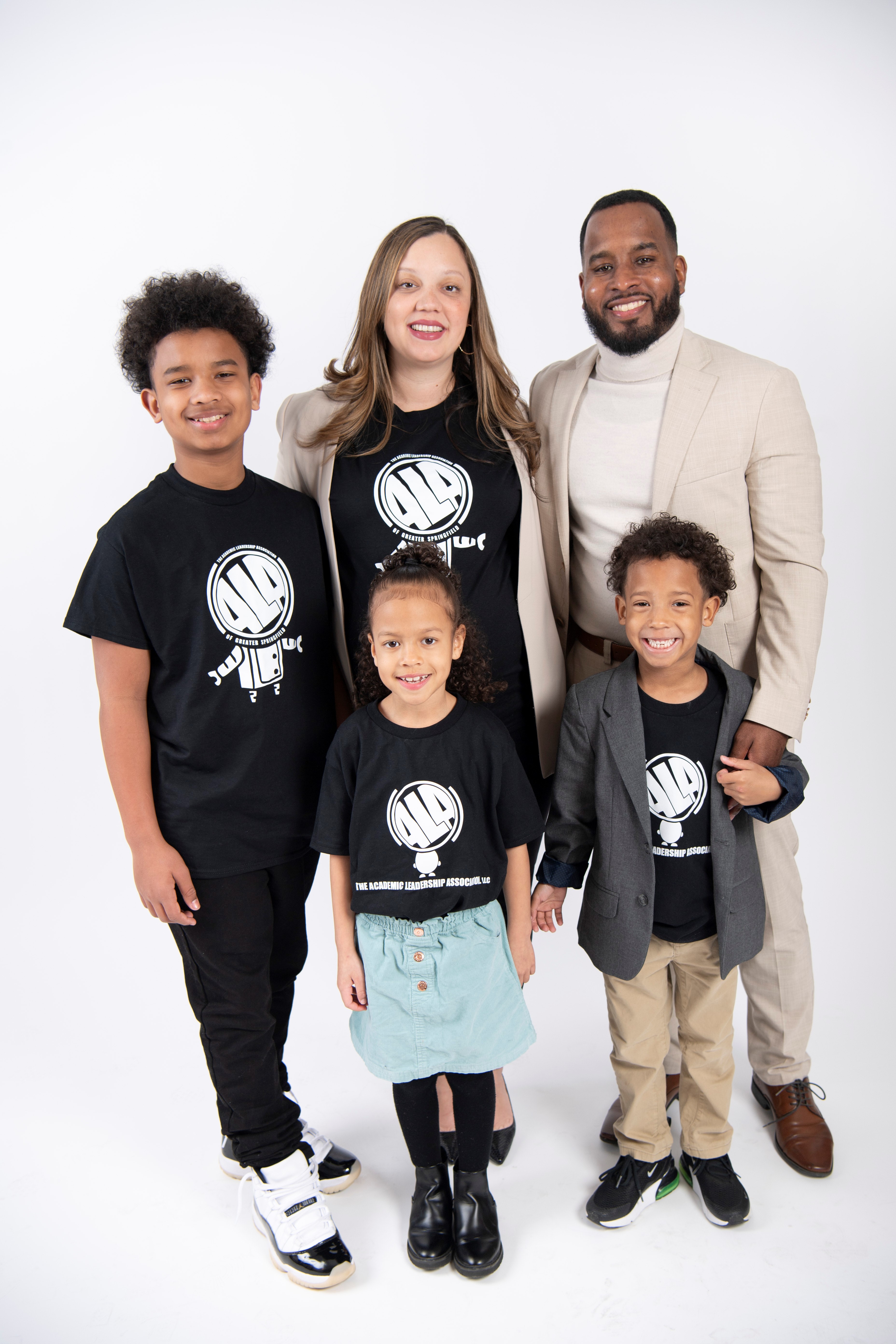
The Tullochs started the Academic Leadership Association to empower youth through mentoring, literacy, and self-advocacy while addressing their social-emotional needs.
Passionate about helping students and families navigate the COVID-19 pandemic through workshops, peer training, and individual sessions, Yeselie and Vilenti had a clear mission: empower youth through mentoring, literacy, and self-advocacy.
They struggled at first with the subtleties of the grant process, and their first application attempts in 2022 were unsuccessful.
"Jeff [Markham Jr., Senior Program Officer] personally reached out to us,” Vilenti says. “He told us, 'You didn't qualify for grants this year, but we're going to help you. We'll walk you through the process so that your odds improve next time.' There aren't many organizations that do that."
CFWM offers in-person and virtual office hours and individual meetups for grantees before, during, and after grants are awarded. The process ensures organizations can share their experiences with CFWM, which helps CFWM refine its application process.
"As an organization, we want to understand what was missed or misunderstood by potential grantees," Jeff Markham Jr. shares. "This feedback helps us improve our applications."
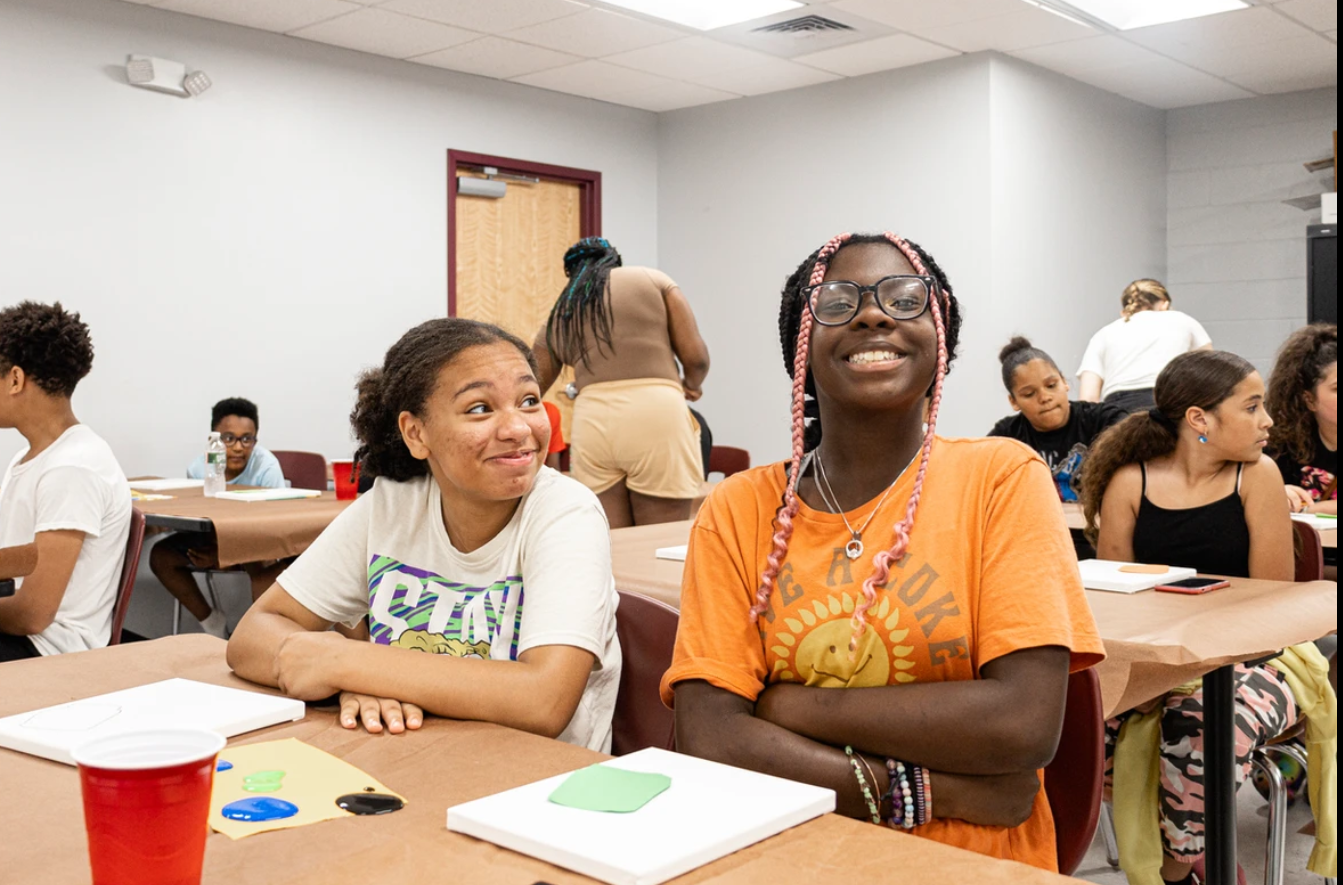
The Academic Leadership Association has served over 1,000 students through its mentoring and literacy programs, with 85% of participants reporting improved academic performance and 90% showing enhanced social-emotional skills.
The Tullochs’ perseverance paid off. In December 2023, the Academic Leadership Association received a grant through CFWM's Flexible Funding program, which offers up to $30,000 in unrestricted support to nonprofits benefiting Franklin, Hampshire, and Hampden counties. The program aligns with the Foundation's strategic priorities: advancing diversity, equity, and inclusion; supporting early childhood development; making post-secondary education more affordable; and fostering a vibrant local arts ecosystem.
With CFWM's support, the Academic Leadership Association today empowers local youth through summer camps, field trips, and customized workshops.
Getting grant applications right
As with Yeselie and Vilenti, many new organizations find crafting a compelling grant application to be a major hurdle to receiving the funding they need to achieve their goals.
"Grant writing can be daunting, but if you can clearly describe what your organization is doing, that’s the key information we need," says Andrea Monson, a member of CFWM’s Distribution Committee, which oversees the foundation’s allocation of funds and resources.
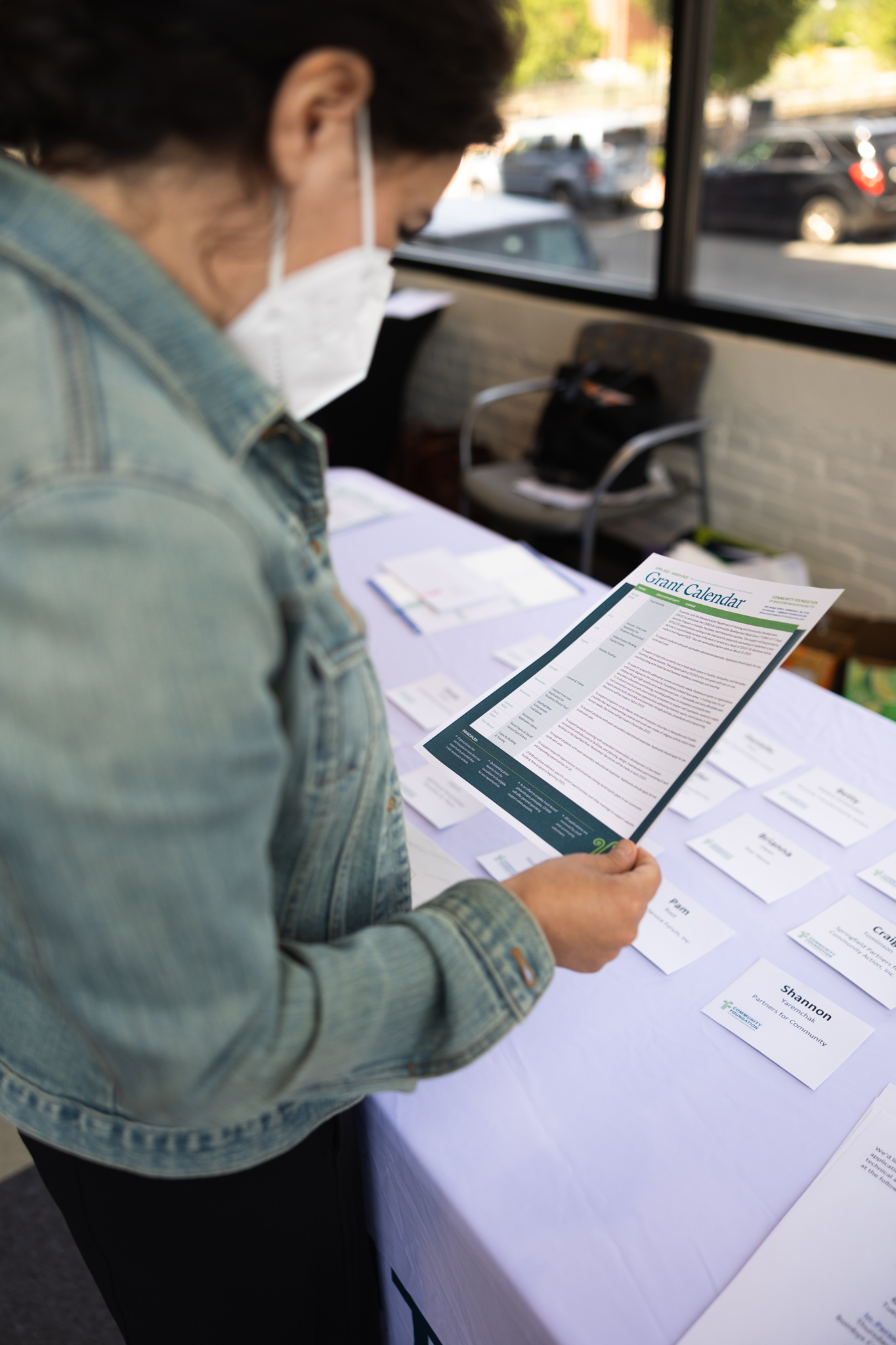
A prospective applicant reviews the grant calendar during an information session.
Grant applications aren’t only about meeting criteria. They’re an opportunity for an organization to share its vision, challenges, and financial needs. Applications provide a platform to highlight the team driving the mission and the board members supporting it. For Monson, this comprehensive view is essential because it helps assess an organization’s credibility. Monson looks for organizations that involve community leaders as advisers and have a diverse board that reflects a commitment to inclusivity.
Monson also emphasizes that organizations should stay true to their mission and not tailor their work just to fit grant requirements. Authenticity in how they operate and present themselves is key to a successful application.
“Ask questions, find someone at the community foundation, talk to them if you don’t understand something,” she says. “Understand the parameters and apply only if you fall into those grant categories.”
Holistic support to nonprofits
Beyond financial aid, CFWM offers a range of services designed to help nonprofits scale operations and facilitate knowledge sharing among each other and back with the Foundation.
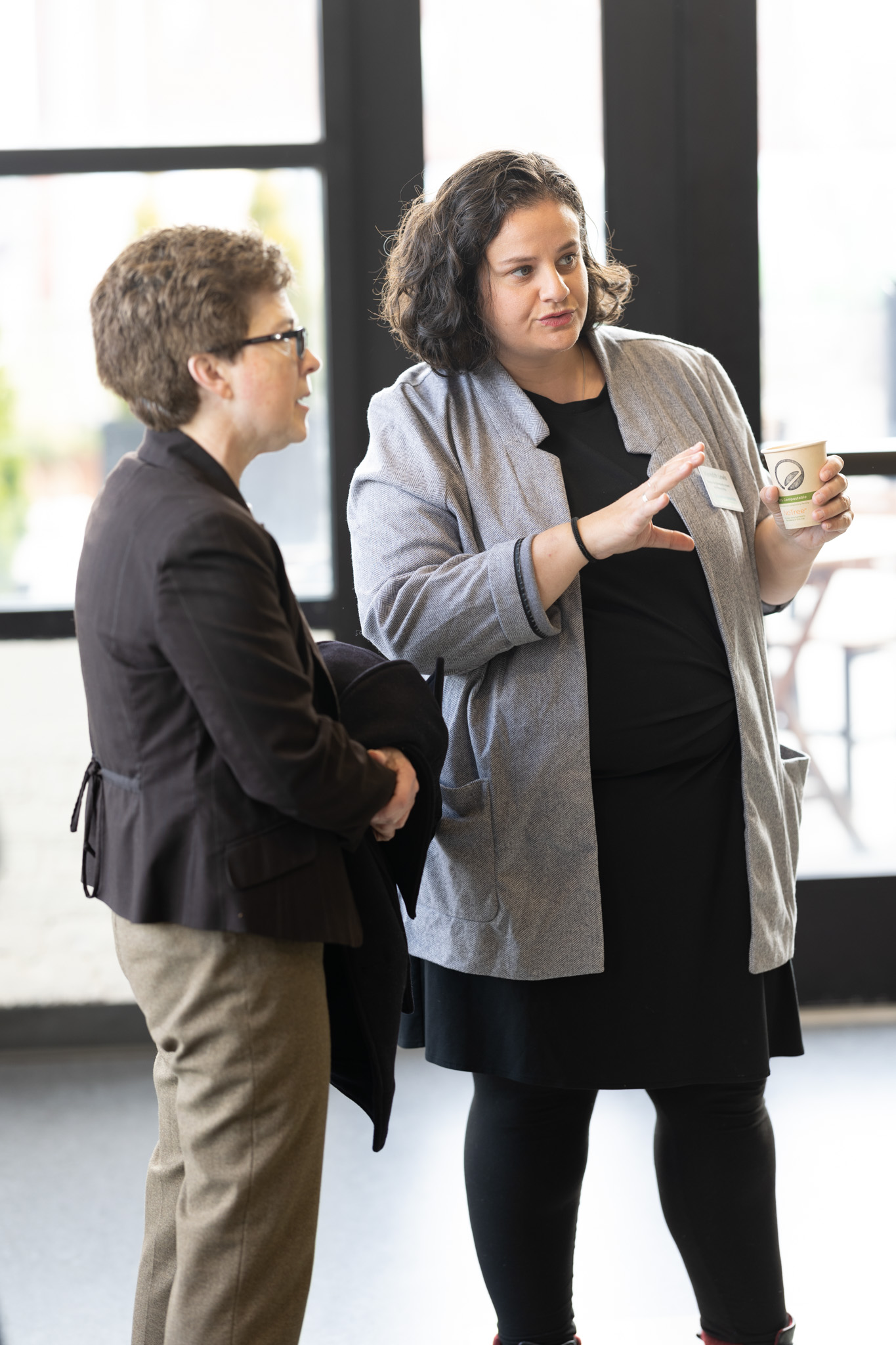
The team engages with nonprofit leaders to inform them about grant programs.
"We aim to build trust, equity, and abundance with both donors and nonprofit organizations," says Joanna Ballantine, CFWM’s Vice President for Philanthropic Services. "Trust is crucial for maintaining a healthy ecosystem between our partners and internal staff."
As part of this effort, CFWM holds listening sessions to address challenges or answer questions that nonprofits may have.
"Many organizations have legal questions or broad governance concerns, and some were on the cusp of starting their own 501(c)(3) organizations," Jeff Markham Jr. says.
In response, CFWM partnered with the Hampden County Legal Clinic to offer free legal services to nonprofits. CFWM’s goal was to ensure everyone had access to legal advice and, if needed, to develop a follow-up plan for deeper legal support.
"It's like capacity-building. We're identifying strategies outside our traditional funding approach," Markham Jr. explains.
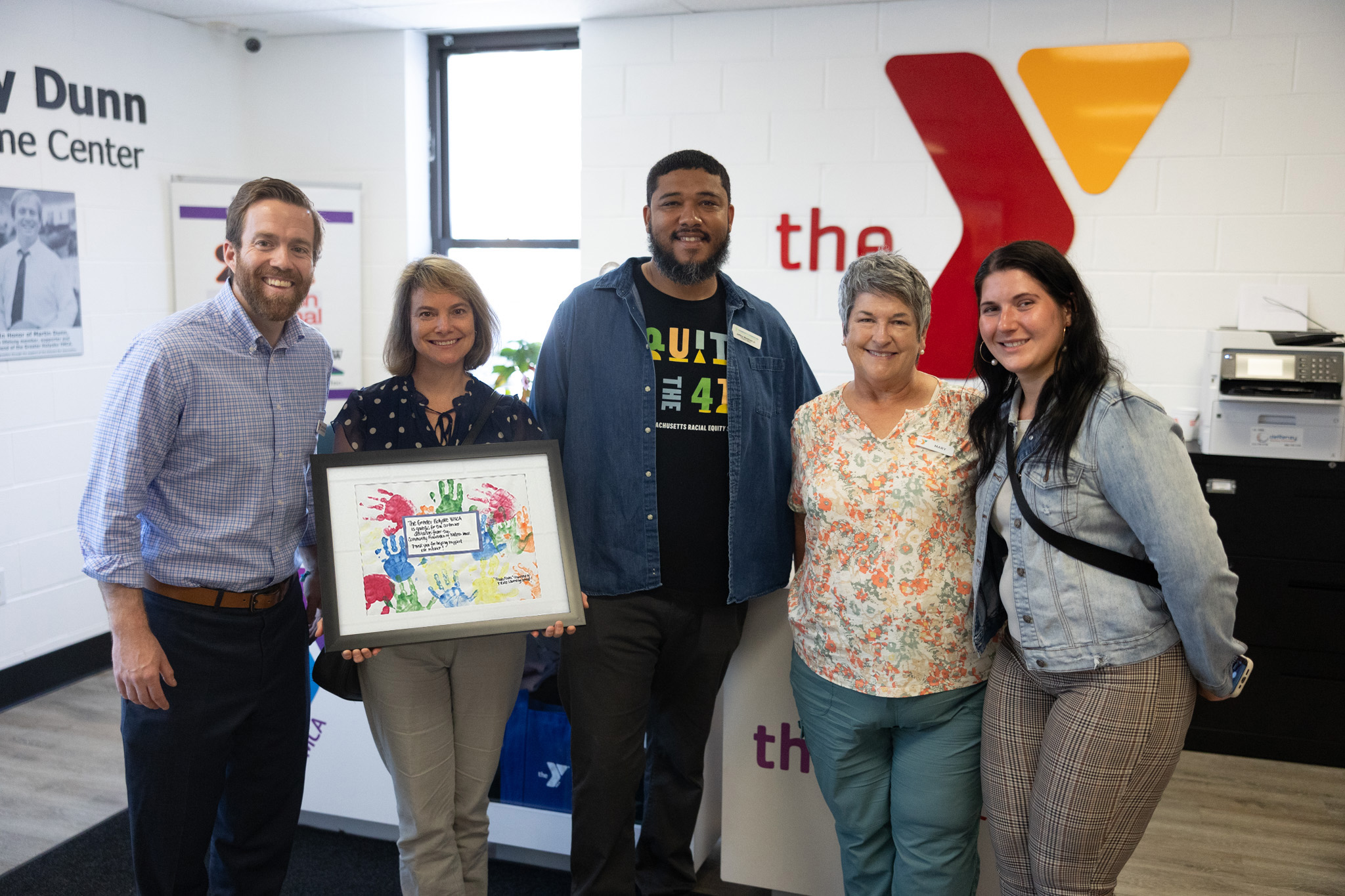
Markham Jr., along with other team members, regularly meet grantees and learn more about their workspaces and organizations.
CFWM also hosted a budgeting session with their Vice President of Finance and Administration to help grantees and partner organizations better understand financial statements.
"Sometimes this leads to nonprofits seeking expertise in managing their endowed funds or Agency advised funds," Ballantine adds. "We can serve as an anchor for smaller organizations that don't have [the resources] to build that expertise internally."
All these efforts are designed to provide holistic support to organizations, keeping community impact at the forefront and offering services that go beyond just funding.
Mitigating a Power Imbalance
A challenge in philanthropy is the perceived power imbalance between philanthropic organizations and the communities they serve. Markham Jr. emphasizes the importance of addressing this perception by ensuring that the CFWM staff genuinely reflects the community it supports.
"People aren't going to seek us out if they don't see themselves in us,” Markham Jr. says. “But when they know our staff looks like this community, that we're from this place, and that we care about all aspects of the region, it opens doors."



